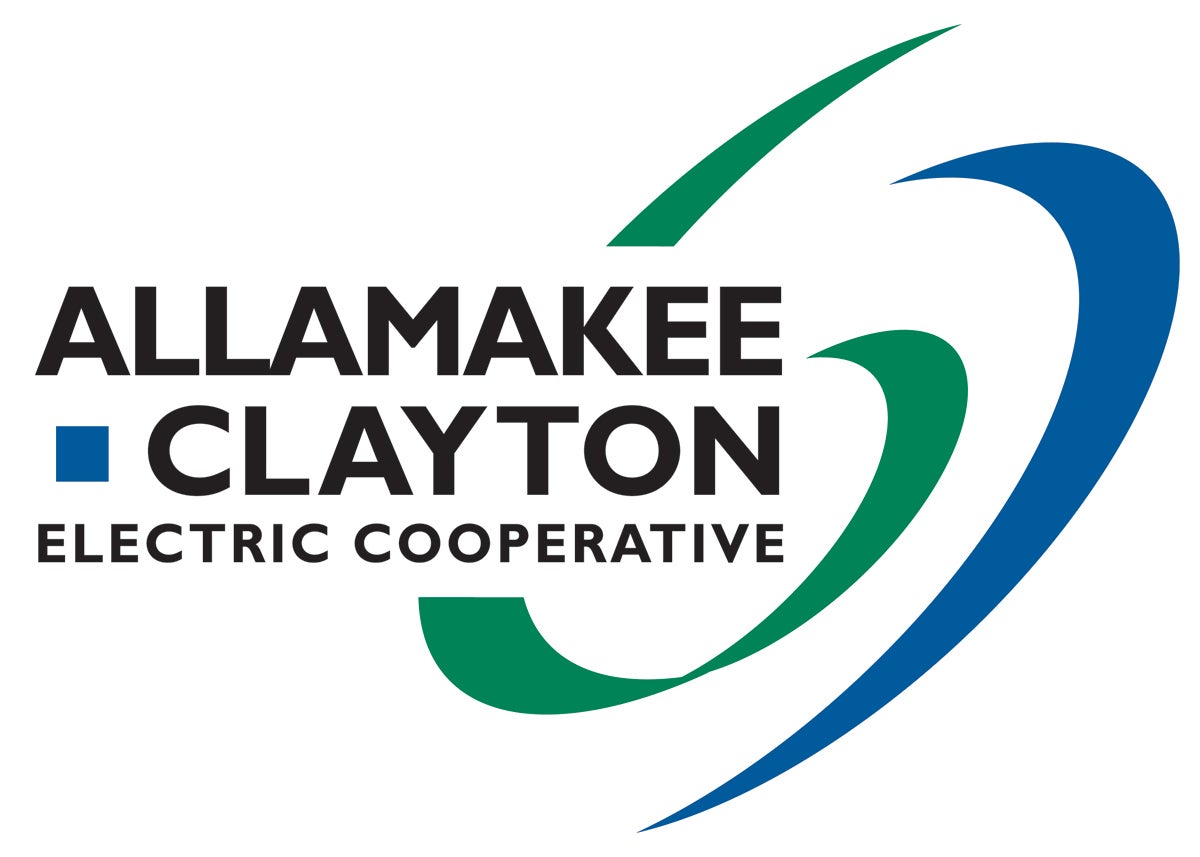CURRENT LOAD CONTROL STATUS:
By participating in ACEC's load management program, your electric home heating is very competitive with other fuel sources. Beyond being affordable, electric heat provides a clean, safe and consistent form of heat.
There are two types of load management for home heating:
Dual fuel: Typically, on the coldest days of the winter, when demand for electricity is high, ACEC's power supplier sends a signal to your electric heating system to automatically switch to a backup non-electric heat source. The backup source needs to be able to handle a control of 12 hours in any 24-hour period and should have an adequate supply of fuel for these periods. Electric heat can be interrupted at any time during the day or night to manage system peaks.
Heat storage: If your electric heating system is able to store heat (in-floor heat in a bed of sand or electric thermal storage technology) your system "charges" during off-peak hours when electric demand is low and then stores the heat energy so it is available whenever the thermostat calls for heat. A stored heating system is typically controlled up to 16 hours a day every day of the year during peak times.
Participation in ACEC's load management program for water heaters can save you money. Rather than starting up a power plant for a short period of time or purchasing additional power from another utility when prices are expensive, electric demand is reduced by controlling water heaters. There are two classifications of water heater control:
Residential: Water heaters can be controlled at any time with the maximum control period not to exceed six hours in duration during any 10-hour period.
Dairy: Water heaters can be controlled up to six hours as required.
If Dairyland Power Cooperative determines that emergency conditions exist, control times can exceed the six-hour duration.
If you are interested in learning more about the load management program, contact Ryan Wagner, Manager, Member Services at 563-864-7611 or 1-888-788-1551.
